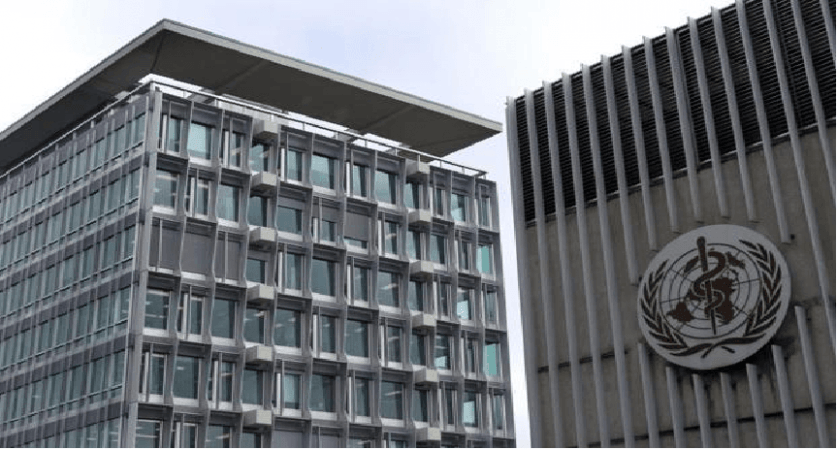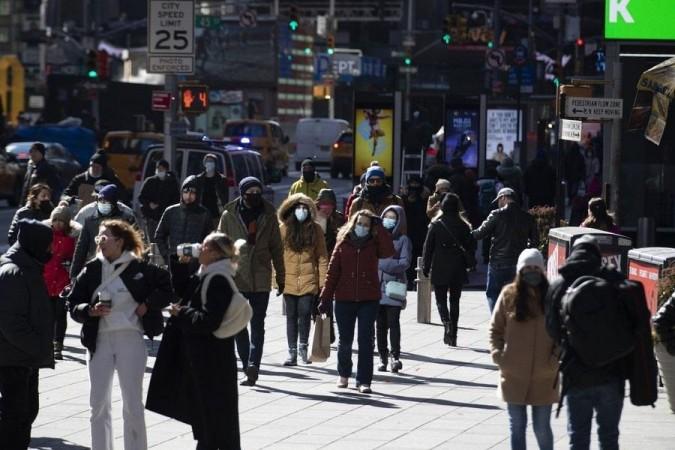The World Health Organization (WHO) has sounded the alarm over a global spike in Covid-19 cases, despite reduced testing and several weeks of declining infections.
WHO said cases are especially on the rise in parts of Asia, urging for vaccination coverage to be extended and caution to be exercised in lifting pandemic response measures, Xinhua news agency reported.

WHO Director-General Tedros Adhanom Ghebreyesus told a press briefing that globally increasing cases despite reduced testing "means the cases we are seeing are just the tip of the iceberg."
He added: "Continued local outbreaks and surges are to be expected, particularly in areas where measures to prevent transmission have been lifted."
According to Maria van Kerkhove, WHO's Covid-19 technical lead, more than 11 million cases have been reported to WHO in the last week. This is an eight-percent increase on the previous week.

One factor contributing to rising cases, she said, is the Omicron variant, the most transmissible coronavirus variant so far. Another contributing factor is the lifting of health measures such as masks, physical distancing, and restrictions on movement in certain countries.
Furthermore, Kerkhove said: "We also have incomplete vaccination coverage in many parts of the world and in particular, among people who are at risk of developing severe disease."
The third factor driving up the number of cases has been misinformation, she added, such as that Omicron is mild and the pandemic is over.
"We need a very strong surveillance system around the world for Covid-19. Despite all of the challenges that we are facing, we still need to maintain testing," she emphasized.
As each country is facing a different situation, WHO has kept cautioning that the pandemic is not over yet, calling on all countries to remain vigilant.
The virus will "wax and wane," as "it has not settled down into a purely, seasonal or predictable pattern yet," according to Mike Ryan, executive director of the WHO Health Emergencies Program.
"We need to be very cautious. We need to watch this very carefully and we need to focus on getting the most vulnerable appropriately vaccinated. And we need to do that as quickly as possible in every country," he said.









!['Had denied Housefull franchise as they wanted me to wear a bikini': Tia Bajpai on turning down bold scripts [Exclusive]](https://data1.ibtimes.co.in/en/full/806605/had-denied-housefull-franchise-they-wanted-me-wear-bikini-tia-bajpai-turning-down-bold.png?w=220&h=138)



